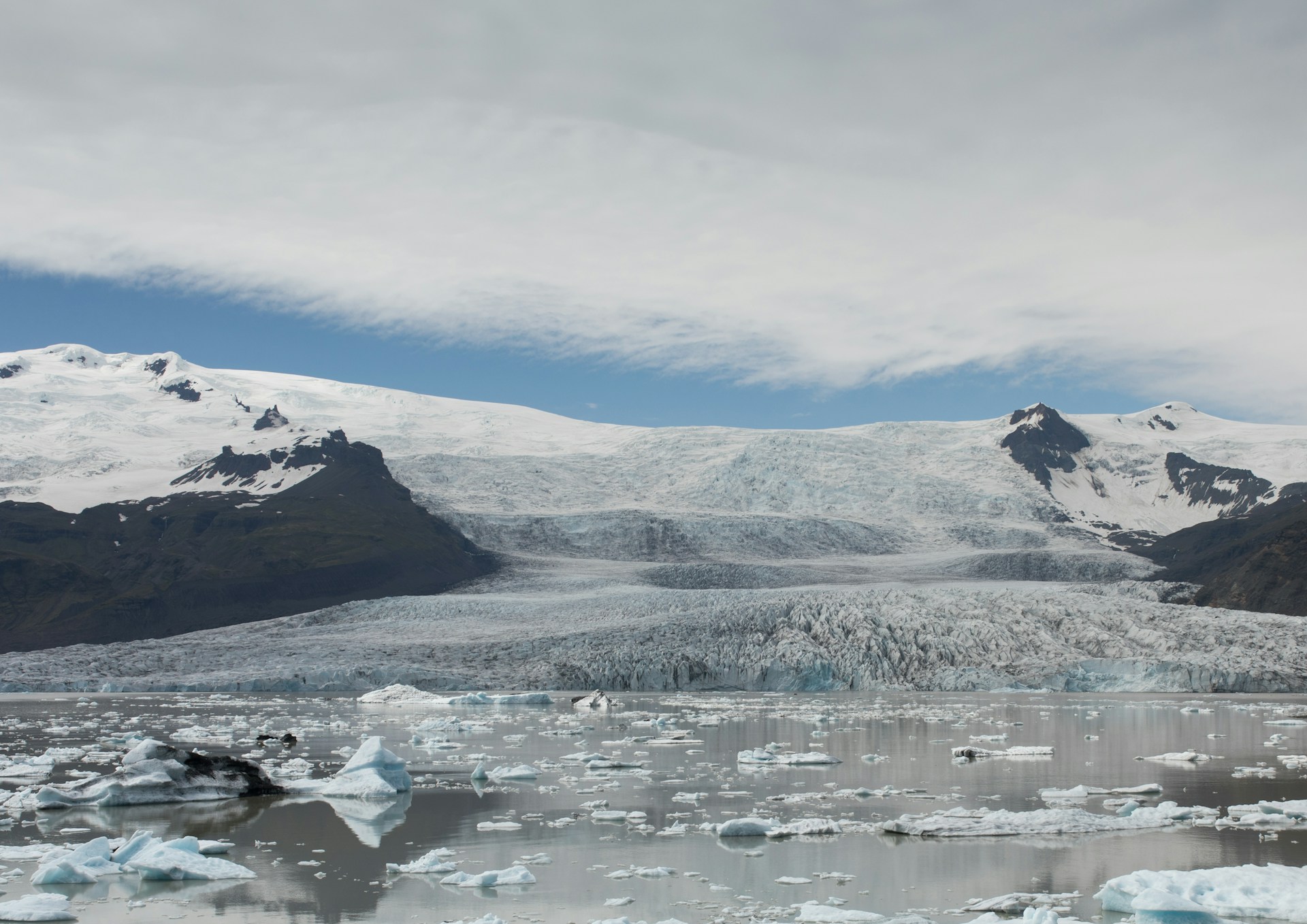Cooperating for the Planet’s Health
Safeguarding our planet’s health is crucial to our existence. Every being is impacted by extreme climatic events such as massive cyclones, excessive floodings, and increasing temperatures. Businesses and governments too are facing the heat.
The first three months of 2025 combined were the second-warmest Q1 on record, with January 2025 being the warmest January. This year the world is already grappling with worsening effects of weather events. A massive cyclone hit the states of Queensland and New South Wales between 28 February to 12 March 2025, causing widespread losses, amounting to US$1.6 billion.
In 2024, several countries faced severe droughts impacting food production and mounting economic losses – as high as US$4.3 billion in Brazil. The drought was so intense that it strained power supply in Brazil and Ecuador as hydroelectric power stations were unable to generate the needed electricity. Water levels have dropped to its lowest since 1902, impacting waterways transport of grains and other essential supplies, with fears of it not recovering until 2026.
No one is left untouched by the impacts of climate change. Increased temperatures have heightened the threats of many infectious diseases spreading across the world. Dengue, a disease spread by mosquitoes is usually a common threat in tropical regions. But that is not the case now. Dengue is now a growing health problem in France and other European countries due to warmer summers.
These emerging threats are all the cause of degrading health of the planet, as certain economies and business conglomerates continue to lobby the use of dirty fossil fuels and unabashedly continue unchecked waste dumping into the environment. Large companies also continue to market excessive unnecessary consumer spending which is taking its toll on the environment.
Excessive consumerism has led to 2,000 garbage trucks full of plastic being dumped into the world’s oceans, rivers, and lakes on a daily basis. Meanwhile, annually 19-23 million tons of plastic waste leaks into aquatic ecosystems, polluting lakes, rivers, and seas.
According to Daniel Kammen, professor of energy at the University of California, Berkeley and a coordinating lead author on IPCC reports: “(The) poor, ethnic minorities, and women are very clearly the most vulnerable to the impacts of climate change that we are already seeing today: heat waves; displacement and smoke due to fires; and price shocks due to supply chain interruptions, higher energy prices.”
Achieving Environmental Sustainability
Fighting climate change and its cascading effects will need resilient, transparent, and inclusive actions – and with immediate effect. Increasing temperatures are leading to melting of ancient glaciers. But beneath the frozen layer of ice, lies millennia old microbes and pathogens which are being released due to the melting of Arctic ice. As per a study, an estimated four sextillion microbes are being released annually due to thawing permafrost. The thawing Arctic ice is also leading to release of trapped greenhouse gases (GHGs) into the atmosphere. To put this into perspective, the world’s permafrost contains twice as much carbon as the atmosphere—an estimated 1,500 gigatons of carbon. This amount of GHGs when released will have devastating effects on earth’s weather pattern, impacting health and livelihoods of people.
The impacts of another global health scare such as COVID-19 will derail global recovery and further push countries, particularly the most vulnerable, to ruins. UN Secretary General António Guterres has urged developed nations to come forward in helping developing economies to equip themselves to fight climate change. “As leaders turbocharge their own transitions, I urged them to scale-up support for developing countries. Those least responsible for climate change are suffering from its worst effects. Africa and other parts of the developing world are experiencing faster warming—and the Pacific islands are seeing faster sea-level rise—even while the global average itself is accelerating.” He further added that, “at COP30, leaders must deliver a credible roadmap to mobilize $1.3 trillion a year for developing countries by 2035. Developed countries must honor their promise to double adaptation finance to at least $40 billion a year, by this year.”
Lessons to Learn
It is time for global leaders to perhaps learn from indigenous communities spread across the world on how to live alongside our environment. A clear example of indigenous peoples effective environmental stewardship can be gauged from the fact that approximately 370 million of them occupy 20% of earth’s territory, safeguarding 80% of the world’s remaining biodiversity.
Indigenous people bring along traditional knowledge of nature that has been passed over to them from centuries. And they have done more than any government to solve climate crisis. But they still remain unrecognized in the international forum. Nevertheless, the change needs to start now. Their inclusion in global leadership forum can help the international community gain traditional knowledge, that can work both for people and the planet.
Horasis strongly believes that collective action is needed which takes into account views from all, particularly indigenous communities who possess knowledge to coexist sustainably with the earth. This is one of the agendas being discussed in our upcoming Horasis Global Meeting, which is in its 10th edition. Scheduled between 7 to 10 October 2025 in São Paulo, Brazil, the meeting will draw together opinions and experiences of global leaders from various backgrounds on finding cooperative frameworks to our present challenges.
Photo Caption: A melting glacier in Iceland.



